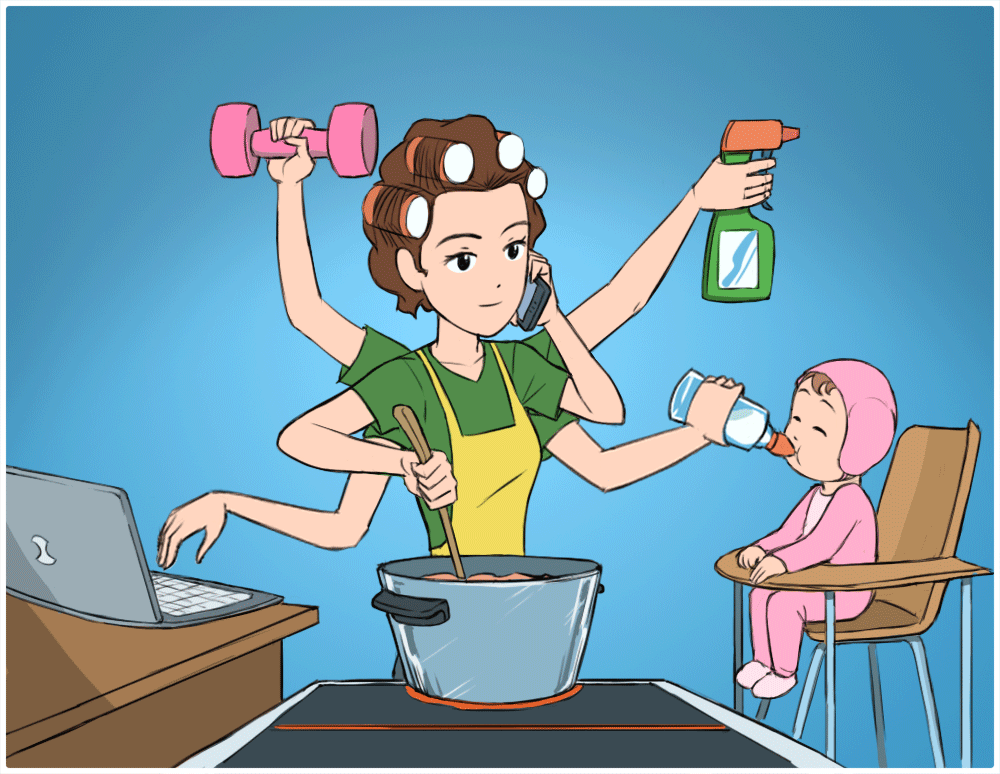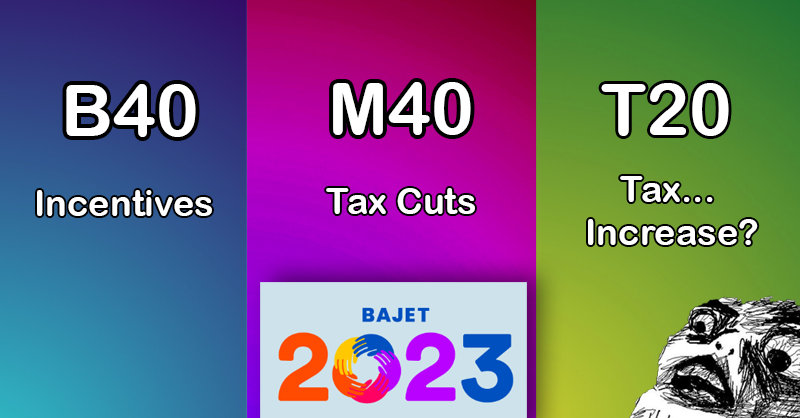Malaysia now offering civil servants flexi-hours. But it’s not super-flexi la.
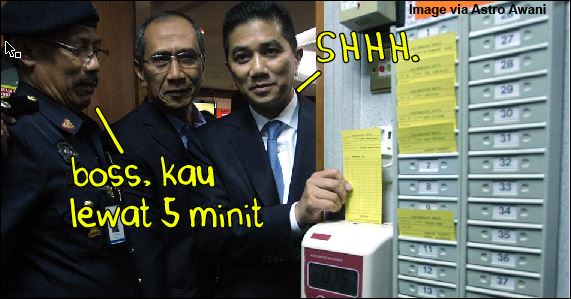
- 301Shares
- Facebook254
- Twitter10
- LinkedIn9
- Email10
- WhatsApp18
Starting this month, gomen servants will have flexible working hours, according to a circular from the Public Service Dept (PSD).

“The pilot project will implement flexible office hours, during which the employee can arrive and return within a period of time, provided the period of one working day is fulfilled. We are introducing the pilot project at these departments first to see if it is effective and we will expand it to all other government agencies later.” – stated in PSD’s circular.
Oh wait, it’s a pilot project? Oh okay, so they’re just testing it lah…
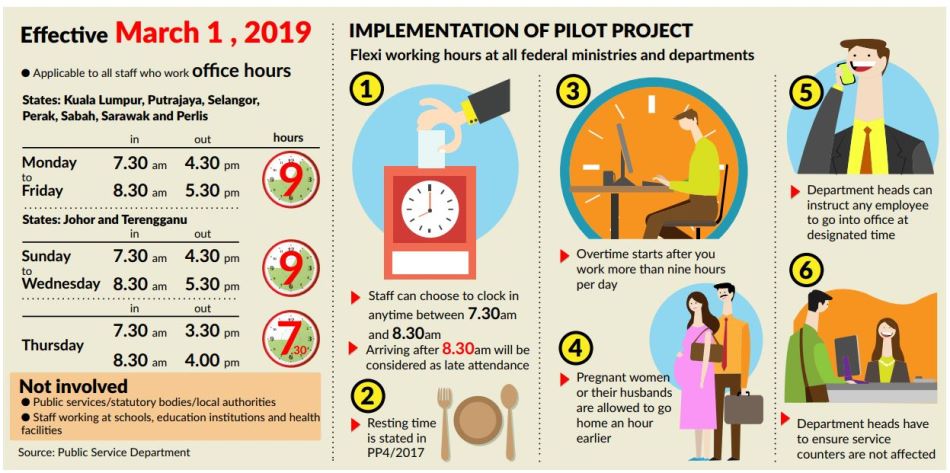
Before we get into what the gomen is doing, you may be wondering what flexible working hours really mean.
In this case, flexi-hours though doesn’t necessarily mean you can sukahati come at 2pm
So let’s summarise the infographic above for you. It basically means you need to work NINE hours, but that it gives you some leeway into starting that nine-hour stint at either 730am or 830am.
Now, flexible working covers a whole range of arrangements where the job offers flexibility in where, when and how long you spend on working on your task. The different types of flexible working include working remotely, compressed hours, part-time work, job sharing and… flexible working hours.
It’s actually pretty similar to the CILISOS office, although we allow people to come in as late as 11am. Why? Well, we at least believe that productivity paired with presence during core hours is good enough for us, and saves employees time versus commuting during peak hours.
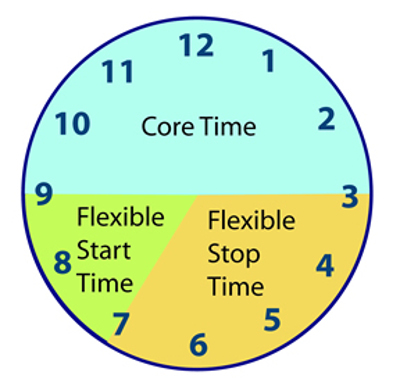
The new ruling is just part of a bigger plan to improve the lives of civil servants in Malaysia. In January 2018, the gomen started allowing pregnant employees (5 months and above) to leave work an hour earlier than usual, and if their hubbies worked in the same vicinity (same building, complex or area), they could leave together with their wives.
At the same time, the 7.30am-6pm operating hours were also introduced to improve public service and give more flexibility to the employees. With these longer operating days, the staff could choose one of these four shifts: 7.30am to 4.30pm, 8am to 5pm, 8.30am to 5.30pm and 9am to 6pm.
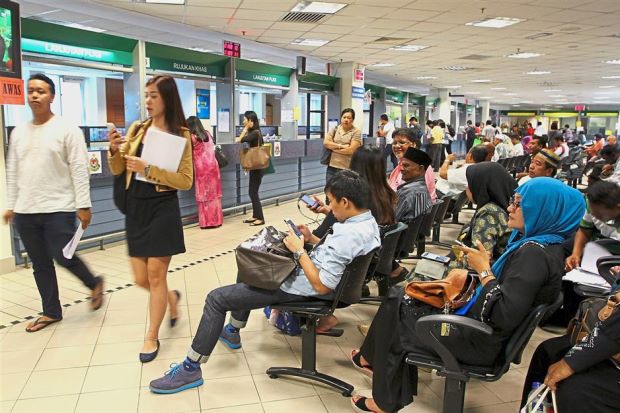
This move has given gomen employees a better work-life balance. One gomen employee Noraziah told NST that the 4 shifts would ease the burden of those who have issues with going to work early due to family matters. Another employee Faridah said that the flexi-hours would allow her to spend more time with her family.
“Before this, I work from 8am to 5pm, five days a week and will normally arrive home around 6.30pm and spent only three hours with my daughters before they go to bed.” – Faridah explained.
Even Wan Azizah has said back in June last year that flexi-hours for women should be implemented in Malaysia, justifying that it’s to optimise the role and contribution of women in the job sector while fulfilling their duties as a wife and mother. She also said the flexi-hours approach could be further studied so that employers can easily accept it.
“We know that some employers can accept it if their staff are not in the office as long as the job is done, but there are also employers who are kind of old school and still believe that if the staff are not in the office, they are not doing their work.” – said Wan Azizah.
There are also hopes that this flexibility in work hours will motivate the gomen employees to be more productive and committed to their jobs, instead of slacking off at work and “disappearing from service counters for coffee breaks”. Then, maybe we would be avoiding situations of this extent…
A Malaysian loses his cool at a government office when he waited from 10am – 2pm, and when he was served, the officer asked him to come back other time citing lack of manpower and its their time for a break – when there's so many people walking around seemingly doing nothing pic.twitter.com/waCli0J6zH
— Hilmi Adi Ruzaini (@HilmiAdi) February 26, 2019
Also, a civil servant who chose to remain anonymous told The Star that the flexi-hours allowed her to wake up a bit later and skip the traffic jams. She also said that, before the intro of flexi-hours, she had to clock in at 8.30am but there were times when she couldn’t reach on time cos of traffic jam, so she’d be marked late.
“The jam around my office area will be less when everyone can come in at different times. I will be able to start work in a good mood too. I can work more effectively this way and not have to wake up so early and be stuck in traffic every morning.” – she explained.
But will this actually help productivity when we already have too many civil servants?
But there’s a bigger problem with civil servants in Malaysia – 1 in 20 people work for the government, which is apparently the highest IN THE WORLD! For comparison, Singapore is 1 to 71.4 people, Indonesia 1:110, Korea 1:50, China 1:108, Japan 1:28, Russia 1:84 and the United Kingdom 1:118.
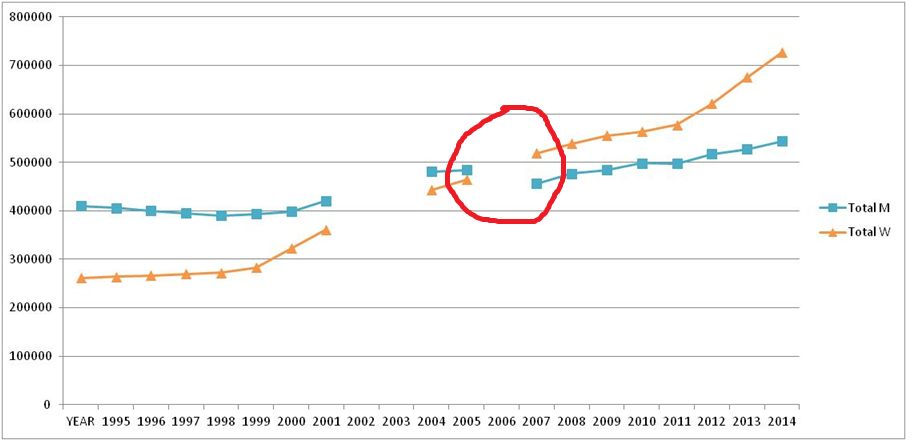
But their salaries are stagnating (more than 60% of them earn less than RM5k), and more than half of them are in debt. As such, some people are obviously saying that cuts need to be made. However, the issue is difficult, with civil servants known as being a vote bank for the government, which in this case, needs every vote they can get at this point. This is probably why the Harapan government needed to promise maintaining the current levels of civil employment leading up to GE14.
“Pakatan Harapan (PH) had pledged not to reduce the 1.63 million-strong civil service despite it being ranked as among the largest in the world when compared to the population.” – FreeMalaysiaToday, April 2018
So for the time being, will making them happier improve things?
Since we love talking about the Dutch so much, let’s… talk about the Dutch, since the OECD ranked the Netherlands as the country with the best work-life balance in 2018, based on the lowest rate of hours worked (38 hours per week). This is mainly due to its strict working hour limits, but employees can still request for flexi-hours. Are the Dutch productive and happy? Yes, they are, though it might not necessarily be becos of flexi-hours but rather the shorter working hours, which may give employees more space for other things.

Similarly, a survey by the Conference Board of Canada found that 9/10 companies offer at least one type of flexible work arrangement, with flexible working hours being the most common type. Research by The Creative Group in Canada found that flexible work arrangements can increase productivity.
However, not all countries are like this. Japan and Mexico don’t have much work flexibility! Mexico reportedly has the longest weekly working hours (48 hours) and the smallest number of annual days off (less than 10 days), which leaves little room for personal time. As if that’s not enough, Mexico also has one of the longest commutes to and from work (even going up to 3 hours to reach work) and a strong presenteeism culture where employees have to spend long hours in the workplace to prove that they’re working. Maybe that’s why one Mexican company started providing flexible work schemes.
As for Japan, not only is the Japanese workforce vulnerable to low productivity and low birth rates due to unpaid overtime and illegal workplace policies, it’s been reported that hundreds of lives have been snatched becos of karoshi, death by overwork! It was so bad that the Japanese govt’s trying to change that by introducing a work reform law, with some companies already on board this train of change.
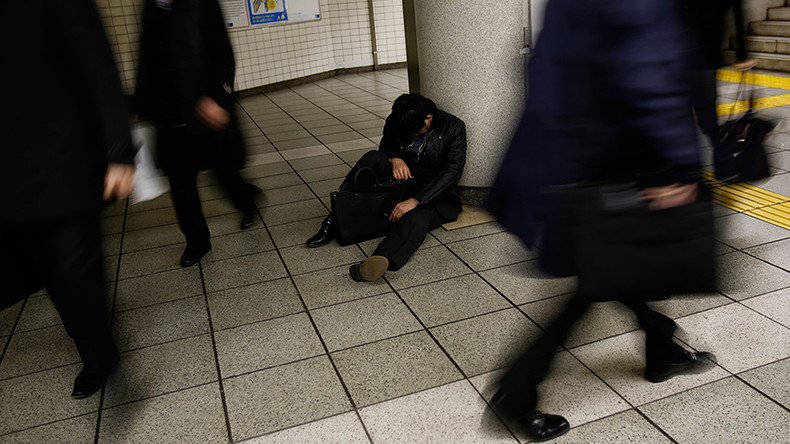
Back in Malaysia, our guys reportedly work up to 48 hours a week too. So a workplace survey by AIA Vitality (this article was not sponsored) in 2017 found that Malaysian employees are generally overworked and stressed, resulting in poorer health and lower productivity.
So will giving them flexibility work?
Well, if there’s one thing we can learn from our PM, overworking isn’t necessarily bad for health.

- 301Shares
- Facebook254
- Twitter10
- LinkedIn9
- Email10
- WhatsApp18

